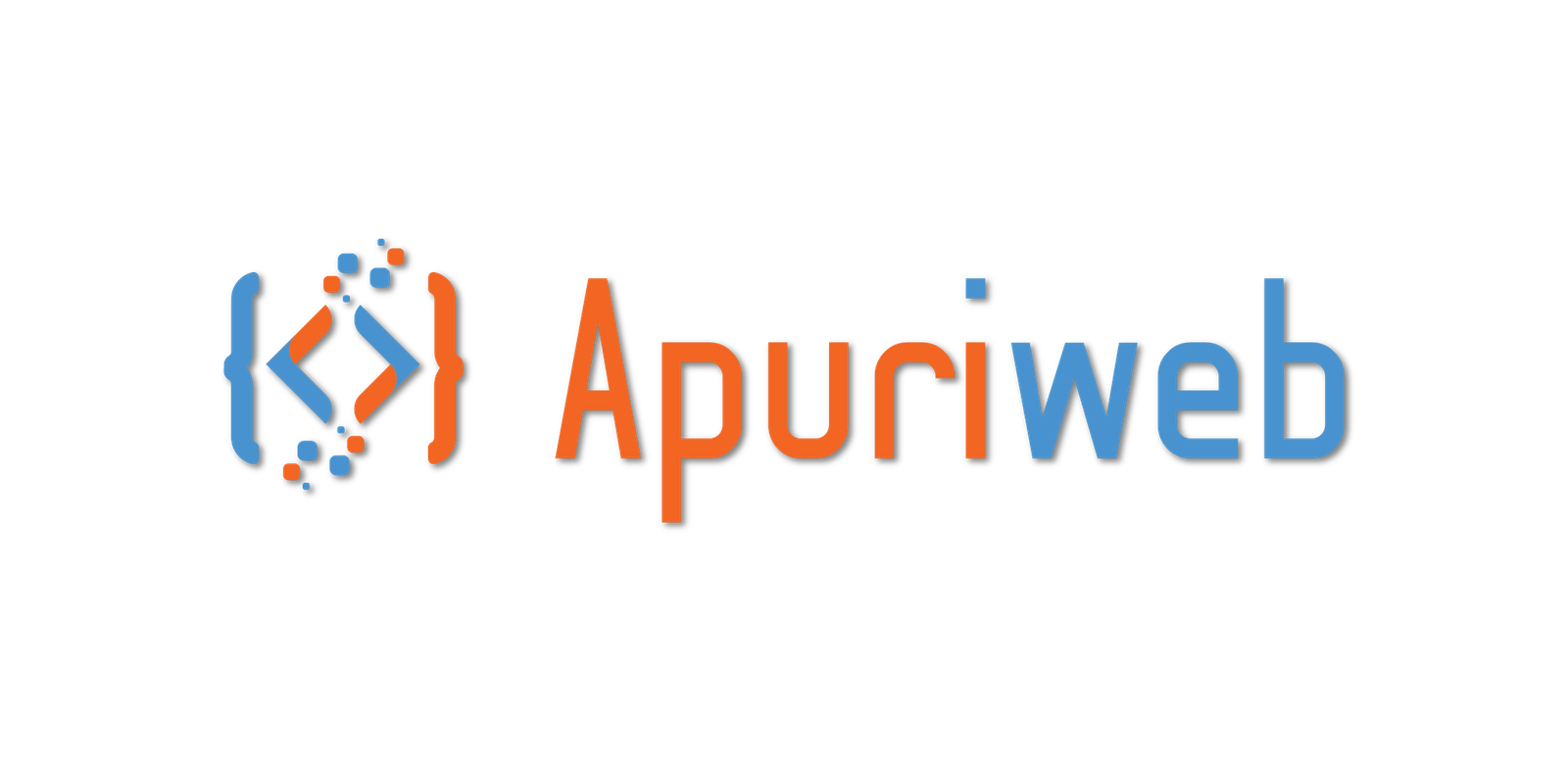Mastering the art of SEO (Search Engine Optimization) requires a combination of strategic planning, technical knowledge, content optimization, and continuous adaptation to search engine algorithms. Here’s a comprehensive guide to help you achieve the goal of getting to the first page of search engine results:
Keyword Research:
- Conduct thorough keyword research to identify relevant terms and phrases related to your business. Use tools like Google Keyword Planner, SEMrush, or Ahrefs to find keywords with high search volume and relevance to your content.
On-Page SEO:
- Optimize your website’s on-page elements, including titles, meta descriptions, headers, and URL structures. Ensure that your target keywords are naturally integrated into your content.
Quality Content Creation:
- Produce high-quality, valuable, and relevant content. Search engines prioritize content that provides genuine value to users. Use your target keywords naturally within the content.
Mobile-Friendly Design:
- Ensure that your website is mobile-friendly. Google gives preference to mobile-friendly websites, and a responsive design improves the user experience across devices.
Page Load Speed Optimization:
- Improve your website’s load speed. Use tools like Google PageSpeed Insights to identify areas for improvement. Faster-loading pages enhance user experience and can positively impact search rankings.
User Experience (UX):
- Prioritize a positive user experience. Make navigation easy, use clear calls-to-action, and provide valuable information. Positive user interactions contribute to higher search engine rankings.
Backlink Building:
- Develop a backlink strategy to acquire high-quality and relevant backlinks. Quality backlinks from reputable websites can significantly boost your SEO efforts. Focus on building natural, authoritative links.
Social Signals:
- Engage on social media platforms and encourage social sharing of your content. While social signals may not have a direct impact on SEO, increased visibility and social sharing can indirectly benefit your search rankings.
Local SEO:
- If your business serves a local audience, optimize for local search. Claim your Google My Business listing, ensure accurate business information, and encourage customer reviews.
Technical SEO:
- Address technical SEO issues such as crawl errors, broken links, and duplicate content. Ensure proper use of robots.txt, XML sitemaps, and canonical tags. Technical SEO ensures search engines can crawl and index your site effectively.
Structured Data Markup:
- Implement structured data markup (schema.org) to provide additional information about your content to search engines. Rich snippets can enhance the visibility of your content in search results.
Regular Content Updates:
- Keep your content fresh and up-to-date. Regularly update and repurpose existing content to show search engines that your website provides relevant and current information.
Monitor Analytics:
- Use tools like Google Analytics and Google Search Console to monitor your website’s performance. Track key metrics such as organic traffic, bounce rates, and conversion rates. Analyze the data to make informed decisions.
Competitor Analysis:
- Conduct regular competitor analysis to stay informed about industry trends and your competitors’ strategies. Identify areas where you can improve and differentiate your content.
Adapt to Algorithm Changes:
- Stay informed about updates to search engine algorithms. Major search engines like Google frequently update their algorithms. Adapt your SEO strategy to align with these changes and guidelines.
Local Citations:
- Ensure consistency in your business information across online directories and local citation platforms. This consistency reinforces your business’s credibility and can positively impact local search rankings.
Long-Tail Keywords:
- Incorporate long-tail keywords into your content. Long-tail keywords are more specific and can attract targeted traffic. They often have less competition than broader terms.
User Intent Optimization:
- Understand and optimize for user intent. Create content that aligns with the searcher’s intent, whether it’s informational, transactional, or navigational. Google values content that satisfies user intent.
E-A-T (Expertise, Authoritativeness, Trustworthiness):
- Demonstrate expertise, authoritativeness, and trustworthiness in your content. Google emphasizes these factors, especially for content related to health, finance, and other sensitive topics.
Local Reviews:
- Encourage and manage online reviews from satisfied customers. Positive reviews not only improve your online reputation but can also influence local search rankings.
Remember that SEO is an ongoing process, and results may take time to manifest. Stay informed about industry trends, adapt your strategies, and consistently monitor and improve your website’s performance to increase the likelihood of reaching the first page of search engine results.
